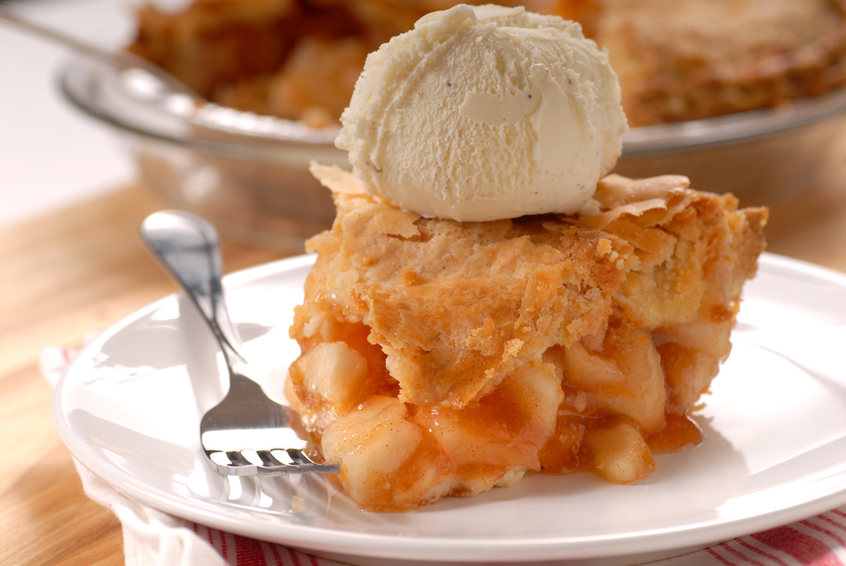With the long anticipated arrival of sweater weather, it’s all too easy to become a little more laid back about sticking to a healthy diet, hiding any extra pounds under layers of clothing and scarves. Comfort foods like home baked pies, creamy pastas, rich soups and earthy stews are tempting as the mercury falls but many of these dishes, combined with numerous holiday feasts, can cause our waistlines to widen over the fall and winter months. And with age it can become difficult to shed extra weight, which can raise blood pressure, increase the risk for diabetes and heart disease as well as placing added stress on joints.
There are a number of strategies older adults can employ to ensure proper portion control and prevent weight gain from tipping the scales in the wrong direction. Experts advise shrinking the size of your plates, bowls and even glassware. By switching to a luncheon sized plate or smaller bowl, most people will tend to eat less. Staying away from empty calories in the form of soda, alcohol, chips or cookies can also help ensure the food you eat is nutritious and will help give you energy to do the things you love.
Keeping track of what you eat is also a useful tool for losing weight or maintaining a healthy weight. Whether in a handwritten journal or through a smartphone app, tracking food is a good way to see where you might be going wrong. Apps like MyFitnessPal or Lose It! can quickly add foods to a daily count, including many restaurant foods, to help users better track the calorie content of favorite meals. When you see how many calories are hiding in a Mocha Caramel Latte (470!) you may have an easier time making the switch to Earl Grey tea (0 calories).
Regular exercise is also important to maintaining a healthy weight; even when you consume fewer calories, keeping fit and active will ensure you don’t lose muscle mass or function with age. Walking, cycling, golfing, swimming, dancing or t’ai chi are all good activities that can keep older adults healthy. It is recommended that adults at any age get at least 2 1/2 hours of moderate physical activity each week; make a date with yourself and schedule exercise into your weekly planner so there are no excuses. Exercises that improve balance and builds muscle, such as lifting small weights, can also reduce the risk for falls.
Always consult your doctor before starting any new exercise program or taking any vitamins or supplements. To learn more about dietary requirements for seniors, visit the United States Department of Agriculture ChooseMyPlate.gov website.






Add Your Voice
0 Comments
Join the Discussion